Challenges like the crisis in supply chains, the problems with energy supply and in particular the advance of climate change show that sustainability is an area that is not only important, but has also become existential for the future of the pet industry. It’s an issue that concerns the whole world, because in a globalised world, everything is interconnected.
Many companies in the pet supplies industry understand that they can’t ignore the topic of sustainability. Reducing packaging is becoming more of a priority for many manufacturers. A lot of companies are doing everything they can to save energy. Renewable energy sources are, therefore, also being used more and more to provide energy. Some companies have sustainability managers and sustainability councils, which decide jointly and across departments on measures to achieve greater sustainability.
Circular economy
At the International Pet Conference, the topic of sustainability was given top billing. Michael Behnke, representing the Plant Litter Association for Germany and France, described the environmental problems of cat litter in his speech. Caitlyn Dudas, executive director of the Pet Sustainability Coalition, travelled to the conference from the USA and described the activities of her association. She made clear in her talk why sustainability is the key to greater business success. Some companies also had the opportunity to present themselves and their approaches for more sustainability in presentations and in a panel discussion moderated by Ralf Majer-Abele, editor-in-chief of the pet trade magazine PET worldwide. One of these companies was the Belgian pet accessories manufacturer Moderna Products. For its managing director Chantal Saelen, sustainability is a goal that can’t be achieved overnight. “It's a step-by-step process, being consistent and remaining fully focused on making a change,” she said in her talk. The company is a proponent of the circular economy. It focuses on high-quality, long-lasting plastic raw materials and wants to manufacture only products that are designed for reutilisation rather than single use. Another element of the company's concept is a high recycling rate of its products.
Sustainable development
The topic of sustainability is also becoming increasingly important at the pet food manufacturer Interquell, famous for brands like Happy Dog, Happy Cat and Goood. Andreas Müller, son of the company's founder and managing director Georg Müller, is head of sustainability at the family-owned company and plays a major role in strengthening corporate sustainability at Interquell. “Our sustainability team works together with all the relevant stakeholders to create a company that is fit for the future and faces up to the social, environmental and economic challenges of the present,” stated Müller. Sustainable development in harmony with our planet and society is very important to Mueller. “This major, inter-generational challenge needs to be tackled step by step with a long-term vision.”
Omega fatty acids from algae
A completely different contribution to greater sustainability in the pet industry is made by Veramaris, which was established in 2018 and is headquartered at Delft in the Netherlands. It is a joint venture between DSM and Evonik. Both companies are world leaders in science and speciality chemicals. Jean-François Laudouze, global business development manager for the companion segment at Veramaris, explained in Bologna that the company extracts oil from marine algae, which are rich in both Omega-3 and Omega-6 fatty acids. These are vital nutrients in pet food, supporting the health of the brain, joints, skin, heart and eyes in both animals and humans. The oil produced by Veramaris enables pet nutrition companies to become more independent of fish caught in the wild and to meet the growing demand for sustainable seafood and animal protein. The consequence of this would be a reduction in the number of fish that have to be caught.
Insect ingredients
Another company that sees bringing pet food into balance with nature as its mission is the Dutch company Protix. The company was founded in 2009 and calls itself the leading company in insect ingredients for pet food, feed and fertilisers. Over the last decade, the company has built a high-tech production facility in the Netherlands – the largest operational facility in the world, according to van der Raad.
“Building on its own and its customers’ experiences with this plant, Protix is now in the phase of expanding internationally to meet growing demand for its insect ingredients,” he said. Van der Raad referred to a study conducted by the German Institute for Food Technologies (DIL), which shows that Protix’s insect ingredients have a lower CO2 footprint and use less water and less land compared with commonly used alternative ingredients. They can be included by food, feed and fertiliser manufacturers in their formulations to meet their sustainability goals.

 Menü
Menü

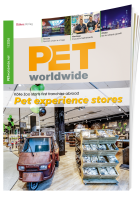



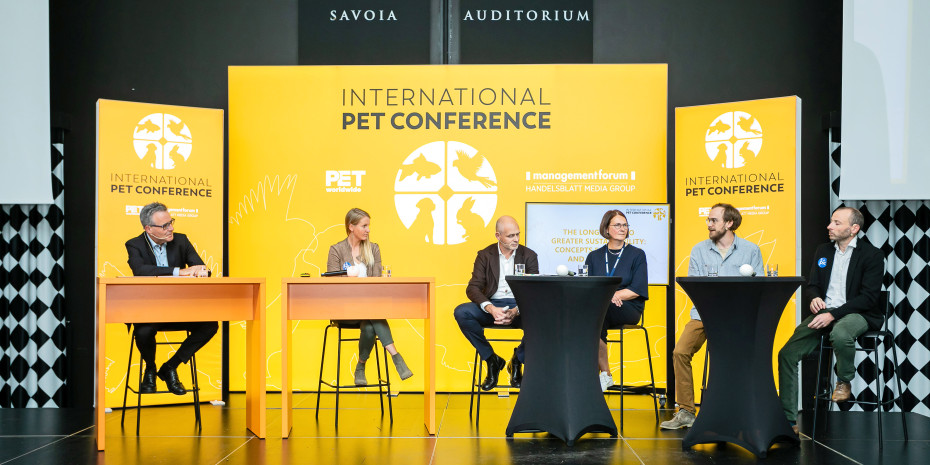

 1/2023
1/2023



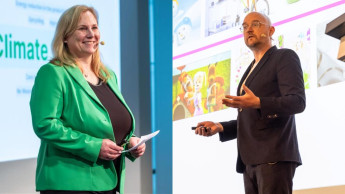
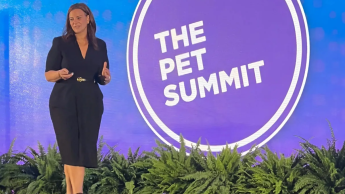
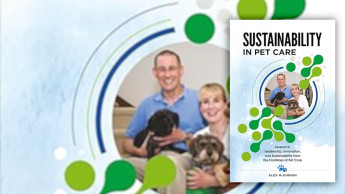
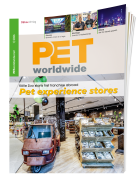
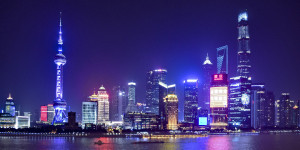
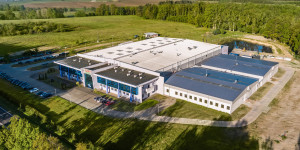
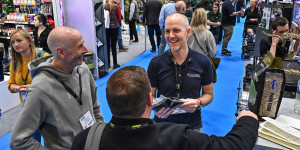

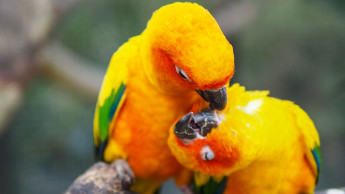
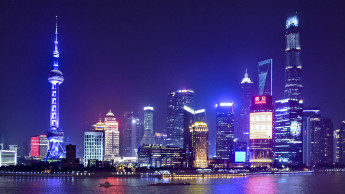
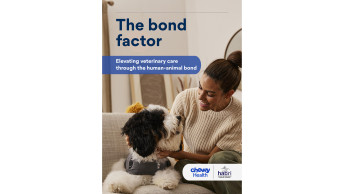
 Newsletter
Newsletter